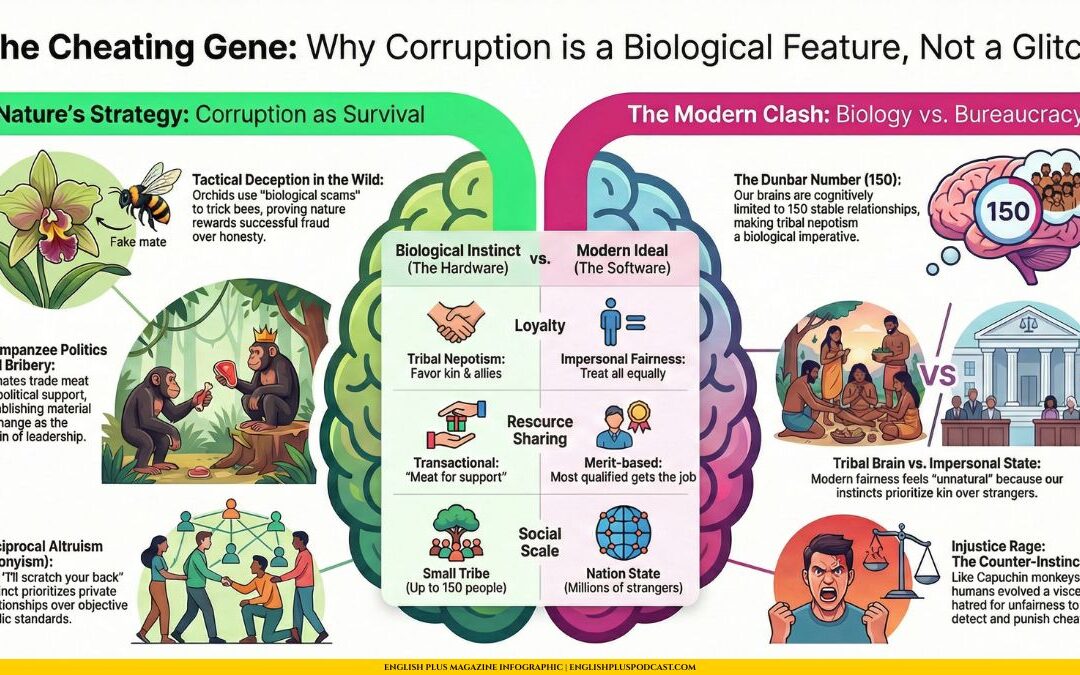Addressing Learning Disabilities in Schools: The Power of Understanding
Imagine a young student who loves stories and has a wild imagination, yet they struggle with reading. Or a brilliant thinker who has trouble with basic math calculations. These are examples of how learning disabilities can manifest. A learning disability isn’t a reflection of intelligence, but rather a difference in the way the brain processes information. These difficulties can disrupt a student’s ability to read, write, spell, or solve math problems, leading to frustration, low self-esteem, and a sense of falling behind.
You might wonder why it’s so vital to understand and address learning disabilities in our schools. Think of a classroom as a vibrant garden. Each student, like every plant, has unique needs for optimal growth. Just as some plants need extra sunlight, others need special soil. For students with learning disabilities, tailored instruction and support make the difference between struggling and thriving.
Shining a Light on the Impact
Learning disabilities left unaddressed can have far-reaching consequences. Students may become disengaged from school, increasing their risk of dropping out. This can affect their future prospects – impacting college admission or career opportunities. Furthermore, the emotional toll of a learning disability on a child’s self-image cannot be overstated.
Types of Learning Disabilities
It’s important to know that learning disabilities come in different forms:
- Dyslexia: A common challenge affecting reading and language processing.
- Dyscalculia: A difficulty with understanding numbers and math concepts.
- Dysgraphia: A disorder that impacts writing abilities.
- Auditory & Visual Processing Disorders: Difficulties in understanding language despite normal hearing and vision.
The Power of Support and Intervention
The good news is that with appropriate support systems in place, students with learning disabilities can achieve amazing feats! Here’s how schools can make a real difference:
- Early Identification: Teachers and school staff can be trained to identify signs of potential learning disabilities, leading to timely assessments and support.
- Individualized Education Programs (IEPs): These are tailored plans outlining specific accommodations and learning strategies for a student based on their unique needs.
- Assistive Technologies: Tools like speech-to-text software, audiobooks, and graphic organizers can make learning more accessible for students with disabilities.
- Special Education Services: These services provide targeted instruction and support, often in smaller class settings, focusing on the student’s specific challenges.
The Essential Role of Parents
Parents, you are your child’s greatest champions. You can advocate for their needs in the school system, collaborate with teachers, and provide unconditional support and encouragement at home.
Action Point
If you are a teacher, school administrator, or a parent concerned about a student’s learning challenges, don’t hesitate to seek help! Together, let’s pave the way for the academic, social, and emotional success of every student. By understanding, supporting, and empowering students with learning disabilities, we unlock their limitless potential, allowing them a chance to flourish in school and in life.
Why Should You Care?
- Fostering Student Success: Learning disabilities shouldn’t hold a child back. Understanding these challenges is the first step towards empowering every student to reach their full academic potential.
- Promoting Equity: Inclusive education is a fundamental right. By addressing learning disabilities, we build a more just and equitable school system where everyone can succeed.
- Shaping the Future: Students with learning disabilities are tomorrow’s leaders and innovators. With support, they can make incredible contributions to society.
Key Takeaways
- Learning disabilities affect how the brain processes information, not intelligence.
- Early identification and specialized support are crucial for student success.
- Schools and parents must work together to create supportive learning environments.
- Assistive technology offers game-changing solutions for students with disabilities.
- With the right support, students with learning disabilities can achieve amazing things.
Keywords
- Learning Disabilities: A broad term for neurological disorders that affect the brain’s ability to receive, process, store, and respond to information.
- Dyslexia: A specific learning disability affecting reading, decoding, and spelling.
- Dyscalculia: Difficulty understanding number concepts, calculations, and math reasoning.
- Dysgraphia: A disorder impacting handwriting, spelling, and organizing thoughts on paper.
- Auditory Processing Disorder: Difficulty processing what is heard despite normal hearing.
- Visual Processing Disorder: Difficulty making sense of visual information despite normal vision.
- Individualized Education Program (IEP): A legal document outlining a student’s learning needs, goals, and tailored support services.
- Assistive Technology: Tools and software that help students with disabilities overcome their challenges.
- Special Education Services: Targeted instruction and resources in school settings for students with disabilities.
- Inclusion: The practice of educating students with diverse needs together in a shared learning environment.
Frequently Asked Questions
- How do I know if my child has a learning disability? Look for persistent struggles with reading, writing, math, focus, or organization that don’t improve with typical support. Consult your child’s teacher or pediatrician for a referral for formal evaluation.
- Can learning disabilities be cured? No, they are lifelong conditions. However, with the right interventions and support, individuals with learning disabilities learn effective strategies to manage their challenges.
- What are the long-term effects if a learning disability is left unaddressed? This can lead to low academic achievement, increased school dropout risk, poor self-esteem, and limited future opportunities.
Myth Buster
- Myth: People with learning disabilities are less intelligent. Reality: Intelligence is not affected. People with learning disabilities often have average or above-average intelligence.
- Myth: Learning disabilities are caused by laziness or lack of effort. Reality: These are neurological differences in the way the brain processes information, not a matter of choice or motivation.
Let’s Talk
- How can educators create a more inclusive classroom for students with learning disabilities?
- What resources are available for parents who have a child with a learning disability?
- As a former student with a learning disability, what kind of support system was most helpful to you?
Share your thoughts and experiences in the comments below!










0 Comments